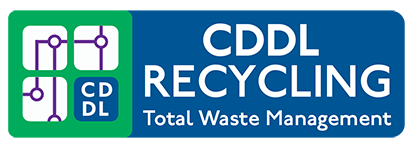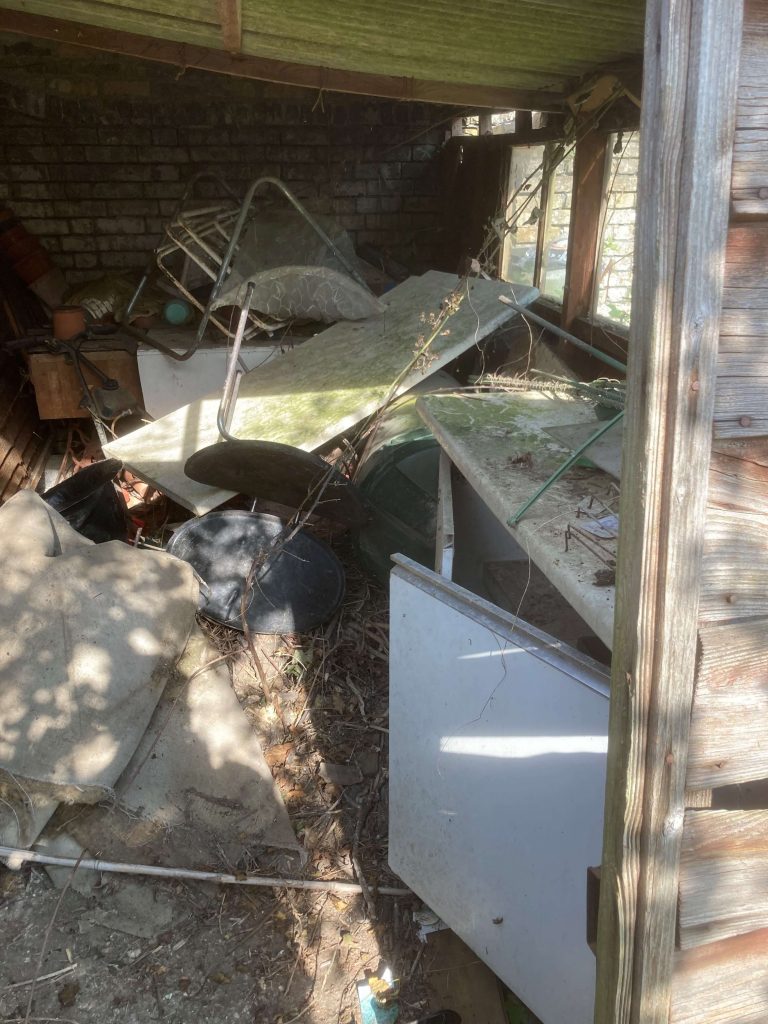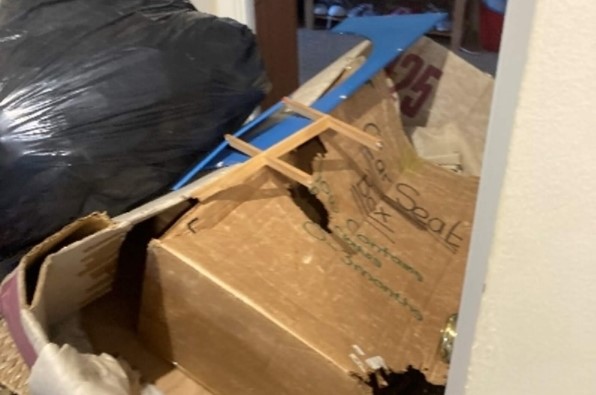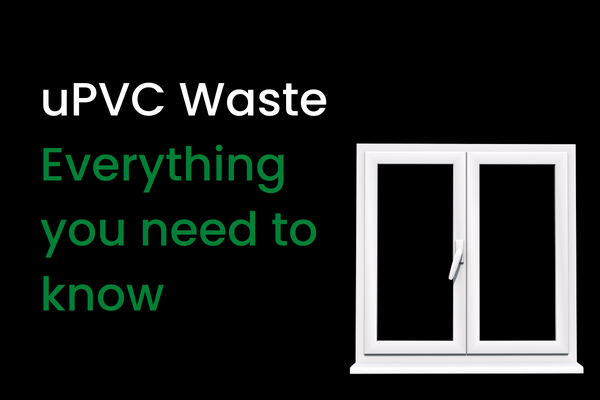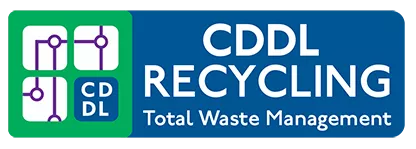Is It Dangerous to Burn Waste?
In the United Kingdom, managing household waste efficiently and responsibly has become a crucial aspect of daily life. As residents look for ways to deal with their rubbish, some may consider if it’s ok to burn waste as a viable method. However, this approach raises significant concerns about safety, health, and environmental impact. This article explores the dangers of burning household waste and advocates for more sustainable solutions, highlighting the benefits of services like CDDL Recycling.

The Health Hazards of Burning Waste
Burning household waste is not merely a matter of convenience; it poses serious health risks. When waste is burned, especially plastics and treated wood, it releases a cocktail of harmful chemicals into the air. Dioxins, furans, and particulate matter can cause respiratory issues, skin irritations, and even long-term health conditions such as cancer.
Environmental Impact
The environmental consequences of burning waste cannot be overstated. The release of greenhouse gases from burning contributes to climate change, exacerbating extreme weather conditions and affecting wildlife habitats. Moreover, the toxins released can settle on plants and water sources, entering the food chain and causing ecological imbalances.
Is It Legal to Burn Waste in the UK?
In the UK, the legality of burning household waste is governed by various laws and regulations that aim to protect public health and the environment. The Environmental Protection Act 1990, along with local council regulations, prohibits the burning of waste if it causes pollution or harm to human health. There are specific guidelines about what can and cannot be burned, and often, permission is required for burning certain types of waste. Violating these laws can result in fines and legal action. This legal framework highlights the UK’s commitment to responsible waste management and the collective effort to protect public welfare and the environment.
What Things Are Toxic to Burn in the UK?
Certain materials are particularly toxic when burned and pose significant health and environmental risks. Plastics, which release dioxins and furans, are notably hazardous. Treated wood, which can emit arsenic and other heavy metals, and rubber, which releases carcinogenic compounds, are also dangerous to burn. Electronics and batteries can release lead, mercury, and cadmium, all of which have serious health implications. The burning of these materials is not only dangerous but often illegal, reflecting the need to dispose of such waste through proper channels
The Alternatives
Given the dangers and legal implications of burning household waste, what are the alternatives? Recycling stands out as a key solution. By separating recyclables from general waste, households can significantly reduce their waste footprint. Composting organic waste is another excellent way to manage rubbish responsibly, turning kitchen scraps and garden waste into valuable soil compost.
For items that are difficult to dispose of through your household waste collections, specialised recycling and waste management companies like CDDL Recycling offer a responsible alternative. These services ensure that waste is treated and recycled in compliance with UK regulations, minimizing environmental impact and promoting sustainability.
The Role of CDDL Recycling
CDDL Recycling is at the forefront of sustainable waste management in the UK. Offering a range of services from recycling to secure disposal of sensitive materials, CDDL ensures that your waste does not contribute to the health and environmental hazards associated with burning. By choosing CDDL Recycling, households and businesses can be part of a larger solution that supports environmental conservation, public health, and compliance with UK waste management regulations.
Contact CDDL Recycling today to find out how you can contribute to a cleaner, healthier UK.
Don’t Burn Waste!
Contact us now to experience the peace of mind that comes with knowing your waste is handled with the utmost care and expertise. Our friendly and knowledgeable team is ready to book your waste collection today.
Enjoyed this article? Check out the rest of our recycling blogs and follow us on facebook for all of our latest news
